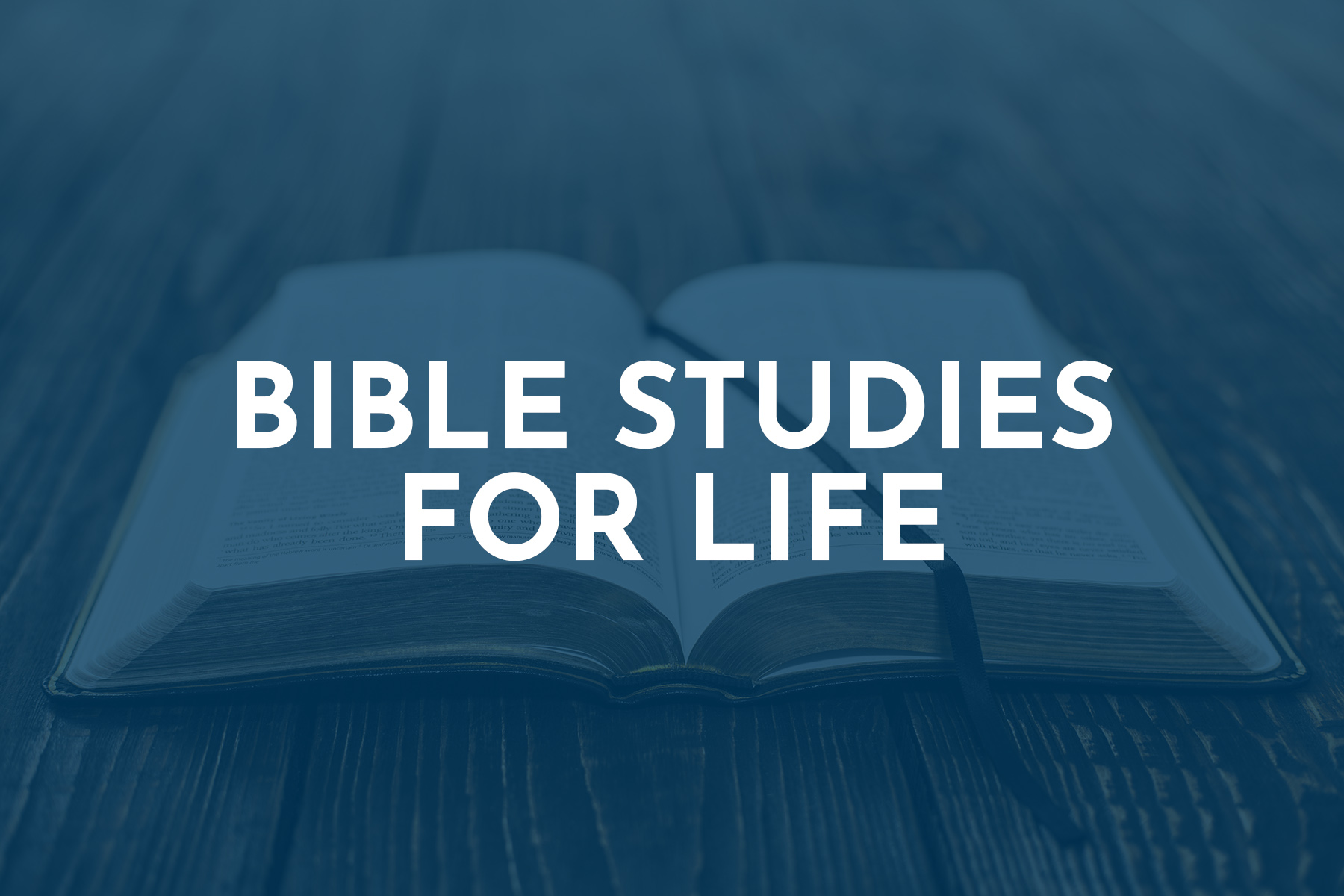God’s Promise to Make a Holy Nation • Exodus 19:1-8
By Jessica McMillan

Have you ever been frustrated due to an unexpected turn of events? Things don’t always turn out like we think they will. In this passage, Moses goes for the first time to meet with God at Sinai. It is here that God establishes a covenant with Israel in fulfillment of the promises to Abraham, Isaac, and Jacob. The details of that covenant are set forth in Exodus 20-23, then more stipulations are described in Leviticus, Numbers, and Deuteronomy. The bottom line, however, is that this covenant would require obedience.
God reminds Moses and the Israelites that it was not by coincidence that they had come this far, but because of His faithfulness: “You yourselves have seen what I did to Egypt, and how I carried you on eagles’ wings and brought you to myself” (v.4 NIV). Then God begins to speak in if/then statements. “Now if you obey me fully and keep my covenant, then out of all nations you will be my treasured possession…you will be for me a kingdom of priests and a holy nation” (vv. 5-6 NIV emphasis added).
According to Victor Hamilton in Handbook on the Pentateuch (Baker Academic, 2005), the phrase “royal possession” alludes to a status of eliteness or privilege, a type of wealth enjoyed only by kings. You may have read this verse (and even giggled about it in your youth) from the King James Version, which translates the phrase “a peculiar people.” This stems from the Latin Vulgate’s rendition of the term peculium, meaning special, distinctive, and set apart. So in this section of the passage, God reminds the Israelites of three things. First, they will be His “treasured possession.” Second, they will be a “kingdom of priests,” which indicates that they are to be servant leaders. And third, they are to be a “holy nation.” The verb tense here in verse 6 is future tense: “you will be for me a kingdom of priests and a holy nation.” However, in Deuteronomy, God says, “For you are a people holy to the LORD your God. The LORD your God has chosen you out of all the peoples on the face of the earth to be his people, his treasured possession” (Deuteronomy 7:6 NIV emphasis added). This is evidence that God is keeping his promise to make them a holy nation.
Without thinking through the ramifications of what had just been delivered to them, the Israelites, perhaps much like us, were hasty in their commitment to obey. “We will do everything the Lord has said” (v.7 NIV). But the Israelites did not do everything He said. Time and time again, they failed to trust Him. Because Israel broke the covenant, “any hope for the future would have to rest in the establishment of a new covenant” (John Sailhamer, The Pentateuch as Narrative, (Zondervan, 1992)). God’s promise to set apart His people was conditioned on obedience, but the people failed. God’s providence, however, demonstrates that His promise to make a holy nation was not thwarted due to the disobedience of His people.
God’s promise to make them a holy nation was not an easy path for those physically walking it in the desert. Like Moses and Israelites, we don’t always get to know the end of the story, and things don’t often turn out like we think they will. But one thing is for sure, we should obey God because we can trust that He will fulfill His promises and be faithful, whether we are or not.
McMillan is a member of Prentiss Church, Prentiss.




